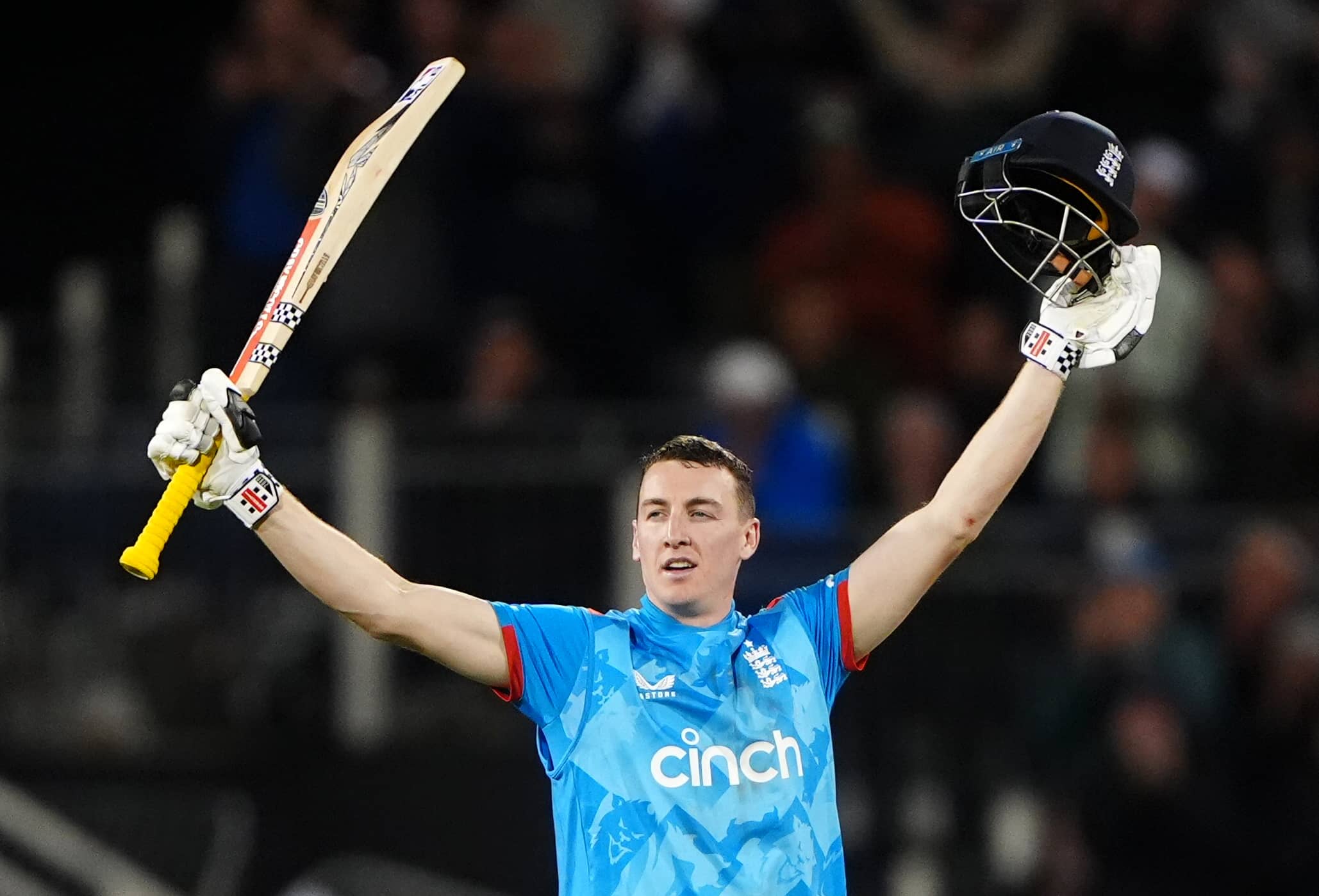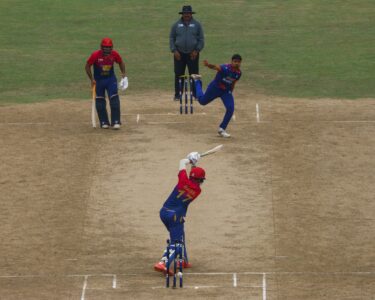England batsman Harry Brook has been banned from the Indian Premier League (IPL) for two seasons (2025 and 2026) due to his withdrawal from the 2025 season after being signed up by the Delhi Capitals for ₹6.25 crore. This judgment is consistent with a new IPL regulation implemented by the Board of Control for Cricket in India (BCCI), which penalizes players who quit after being selected in the auction without a justifiable reason. The regulation tries to address disruptions to team strategy while also ensuring player commitment to the tournament.
Brook cited the need to focus on England’s international cricket responsibilities, particularly preparations for a Test series against India and the Ashes, as the reason for his withdrawal. This is his second consecutive IPL absence, having missed the 2024 season due to personal reasons, including the death of his grandma.
The ban shows the persistent friction between international cricket schedules and IPL obligations. Franchises have expressed irritation with foreign players withdrawing without legitimate reasons, pushing the BCCI to impose harsher restrictions. This incident highlights the problems of combining national and franchise cricket agendas.
New Rules
The new IPL rules, particularly the two-season suspension for players who withdraw after being selected in the auction without a solid reason, have a substantial influence on international players in various ways.
Increased Commitment Requirements: International players must carefully assess their availability before entering the IPL auction. Once picked, withdrawing without a solid reason (such as injury) leads to a two-season ban, as in the case of Harry Brook. This allows franchises to rely on player commitments while avoiding disruptions to team tactics.
Balancing National and Franchise Commitments: The guideline requires players to prioritize national commitments over IPL participation. For example, players with overlapping foreign itineraries may be hesitant to register for the auction, fearing fines if they later withdraw.
Strategic Auction Participation: Due to scheduling difficulties, international players can now opt out of the IPL auction, which reduces uncertainty for clubs. Fewer marquee overseas players competing could reduce the league’s worldwide appeal.
Impact on Team Composition: * Teams may prioritize retaining trustworthy outside players or investing in Indian talent to reduce the danger of late withdrawals. This could affect the balance of team strategies and player selection dynamics.
Financial and Career Implications: * Players suspended for two seasons miss out on financial opportunities and global prominence, such as in the IPL. This could affect career paths, particularly for younger or less established international cricketers.
In essence, these rules are intended to preserve franchise interests, but they may result in diminished participation from international players due to scheduling problems or uncertainty about their availability.




